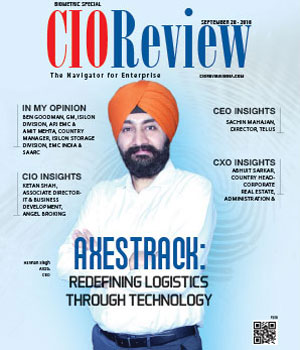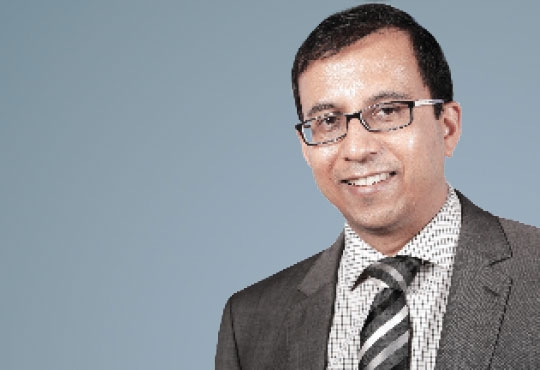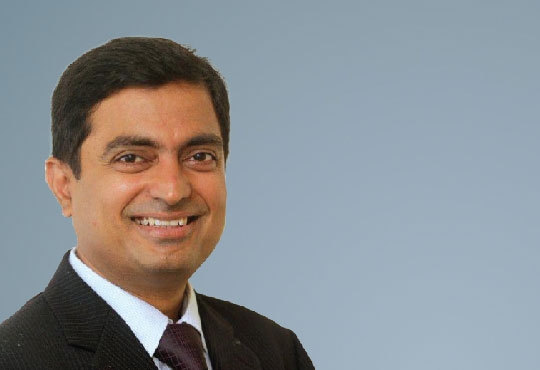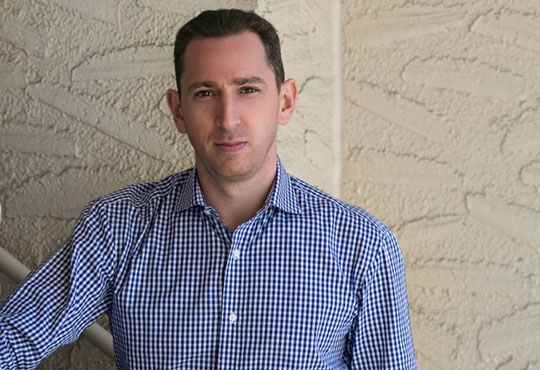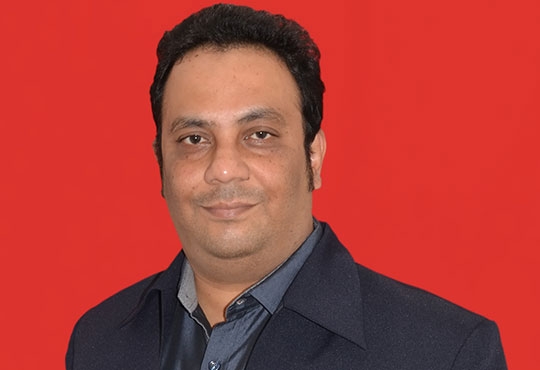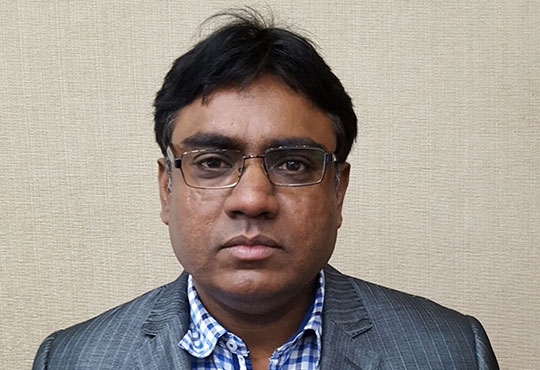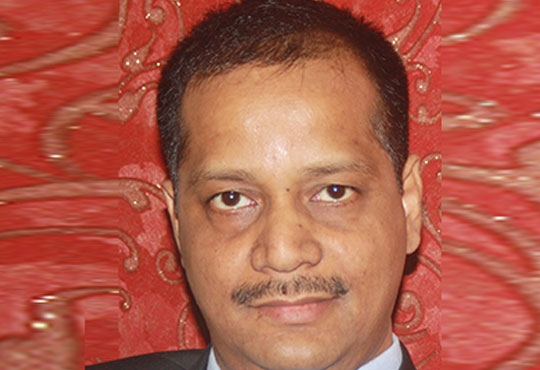
Facial Recognition Technology: Transforming the World into a Smarter Place
Janifha Evangeline | Thursday, 10 June 2021, 03:36 IST
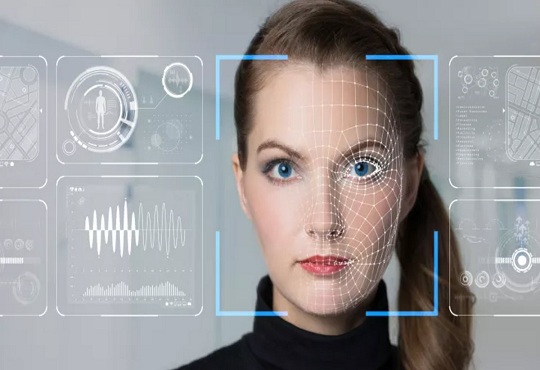
Face recognition has been around in one or the other form since the 1960s. However, the recent technological developments have resulted in a large proliferation of this technology. Also, it is no longer seen as something out of science fiction movies. Millions of people now have facial recognition technology in their palms, after the release of the iPhone X and it helps in protecting their data and personal information. While mobile phone access control might be the most recognizable way face recognition is being used, it is being employed for a wide range of use cases including preventing crime, protecting events, and making air travel more convenient.
While the most popular application of facial recognition is identifying people on social media platforms such as Facebook, it is also used in various other significant applications such as finding missing children and victims of human trafficking, Face recognition attendance system which is used in tracking school and church attendance, identifying & preventing retail theft, and many others.
Let’s look at some of the Innovations and applications of face recognition, used in transforming the world into a safer and smarter place.
Feel Every Smile!
One of the mouthwash brands has built a mobile app that lets visually challenged people detect when they are being smiled at. This app recognizes when people are smiling and alerts the visually challenged person with a vibration. This in turn helps them to better understand social situations.
The mobile app is accompanied by a touching film titled “Feel Every Smile.” Directed by Oscar-nominated documentary maker Lucy Walker, the film features 4 visually challenged people who are discussing what smiles mean to them and how not being able to know if someone is smiling at them affects them. While the film goes on to show them using the app and experiencing people smiling at them, their moving reactions leave no doubt as to the power of “feeling” a simple smile.
Detecting rare diseases
Facial recognition technology is implemented in diagnosing diseases that cause detectable changes in appearance. One such instance is, where facial recognition technology is used to detect a rare disease known as DiGeorge syndrome by National Human Genome Research Institute. In this rare disease, there is a portion of the 22nd chromosome missing, and facial recognition technology has helped to diagnose the disease in 96 percent of cases. As algorithms get highly sophisticated, facial recognition technology will evolve into an invaluable diagnostic tool for all sorts of medical conditions.
Identifying individuals posing threats to school safety
Face recognition surveillance systems can identify expelled students, drug dealers, or other individuals that pose a threat to school safety instantly when it sees them entering the school premises. And thereby it alerts the school security guards in real-time resulting in reducing the risk of violent acts.
Making air travel more convenient
Airlines and Airports have already begun to use face recognition to help people check their bags, check into flights, and board planes faster.
Experimentation in the Automobile industries
While Automakers are experimenting with ways to use face recognition, one of the stunning implementations of face recognition for automobiles is using a face to replace a key as a means of starting a car. Furthermore, it can also be used to change radio stations and seat preferences based on who is driving and make drivers drive safe by recognizing and alerting drivers if they are drifting off or not focusing on the road.
Pass on personalized touch to Customers
One of the facial recognition technology providers, which is based out of India. which is helping the retail industry with features that include spoof detection, facial landmark, face tracking, face recognition, and facial detection. Furthermore, the technology also greets the customers upon entering the retail store, in a bid to pass on personalized touch to them.
An ethical approach to Facial Recognition Technology
A group of 50 investors who are managing more than USD 4.5 trillion in assets is calling on organizations involved in the development and use of facial recognition technology, such as Amazon (AMZN.O) and Facebook (FB.O), to do so in an ethical way.
Led by asset manager Candriam, a European division of U.S. financial services company New York Life, the investor group, stated that “the technology could infringe on an individual’s privacy rights, given the lack of consent of those being identified, and that there is often no official oversight.”
What this initiative indicates is how fund managers are increasingly taking up policy issues that were considered fringe subjects once for shareholders since the retail investors invest billions of dollars into funds that are focused on ethical and sustainability criteria.
Human rights advocates say while face recognition technology that can be used to unlock smartphones and verify bank accounts, has the potential to also track citizens and suppress political dissent when implemented by governments.
Furthermore, the investor group stated that it would begin a 2-year process of engagement with organizations that are into developing or using facial recognition technology. The group considers 34 organizations to be leaders in facial recognition, it said, which includes Amazon, Facebook, and Asian tech companies Alibaba (9988.HK) and Huawei (HWT.UL).
A Huawei spokesperson said: “Technology should only ever be used to enhance human, social, and environmental well-being. We encourage a global conversation to develop ethics and governance standards around emerging technologies and we continue to play our part in this conscious, ongoing, and collaborative effort.”
In May, Amazon told Reuters that it was extending a moratorium it imposed on police use of its facial recognition technology. Civil liberties groups have warned inaccurate matching could lead to unjust results.
"For investors to be able to fulfill our responsibility to respect human rights, we call on companies to proactively assess, disclose, mitigate and remediate human rights risks related to their facial recognition products and services," said Rosa van den Beemt, Responsible Investment Analyst at BMO Global Asset Management, one of the investors that have signed up to the initiative.
Britain’s Aviva Investors, Royal London Asset Management, Canada’s BMO Global Asset Management, Dutch-based NN Investment Partners, and Norway’s KLP were among those to sign up for the investor initiative.
"The increasing deployment and use of facial recognition technologies have human rights implications which are not fully being considered by companies," said Louise Piffaut, Senior ESG analyst at Aviva Investors.
Future of Facial Recognition
While the whole world is using this technology and reaping many benefits, governments across the world are investing largely in facial recognition technology. The banks in India are implementing facial recognition technology to avoid fraud in ATM centers and for reporting duplicate voters, passport and visa verifications, etc.
The future of facial technology is promising as it is anticipated to grow, creating massive revenues in the years to come. The industries that will be intensely influenced by facial recognition technology include the Surveillance and security industry. Also, for the better management of Schools and universities, and healthcare, they are planning to implement facial recognition technology on their premises. Lastly, the complicated technology involved in facial technology is making its way to the robotics industry.
CIO Viewpoint
Biometric Identification - A Promising Concept...
By Goutam Datta, VP - IT, ICICI Lombard
"Maximizing Efficiency and Reducing Spend in IT...
By Anindo Ganguly, AVP and Head, IT Infrastructure Practice, Sasken Communication Technologies
Mobile Architecture : Housing Security as a...
By Ram Kalyan Medury, CIO, Magma Fincorp
CXO Insights
Data Analytics from EMC Isilon's Perspective
By Ben Goodman, GM, Isilon Division, APJ EMC and Amit Mehta, Country Manager, Isilon Storage Division, EMC India & SAARC
Biometrics : Future of Authentication
By Abhijit Sarkar, Country Head-Corporate Real Estate, Administration & Facility, Sharekhan
Putting the Finance Industry's Security...


